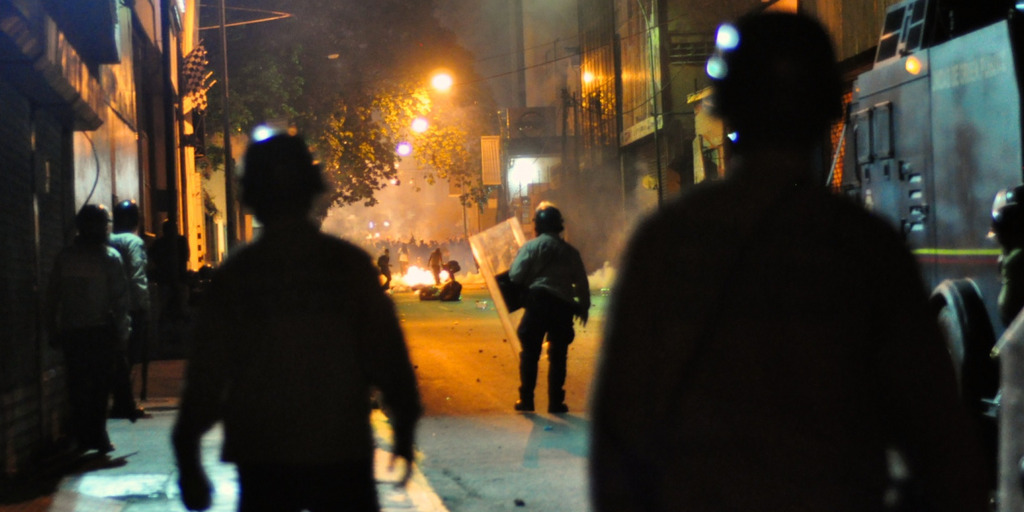The quality of democracy, market economy and governance has fallen to its lowest level in twelve years on a worldwide average. This is the key finding of our latest Transformation Index BTI. Since 2006, it has regularly analyzed political and economic developments in 129 developing and transformation countries. Conclusion: 40 governments, including some of more advanced democracies, have curtailed the rule of law over the past two years, and 50 countries have seen restrictions on political freedoms. The rulers of many countries have addressed the global economic challenges only insufficiently and frequently on the backs of the poor and marginalized. Many governments are unable to respond adequately to the growing social, ethnic and religious conflicts – or oftentimes even foment these tensions.
From our point of view, a major reason for the poor results is that many governments are not capable or inclined to react to social conflicts by engaging in dialog and seeking a consensus. Governments' willingness to defuse conflicts has decreased in 58 countries since 2006, according to the index. Once elected, many rulers curtail political liberties and rights in order to expand their political power. This is particularly the case with authoritarian populists like those in Hungary or Turkey, even though they have come to power via grassroots movements and polarization themselves. Our chairman and CEO Aart De Geus comments on the research findings:





